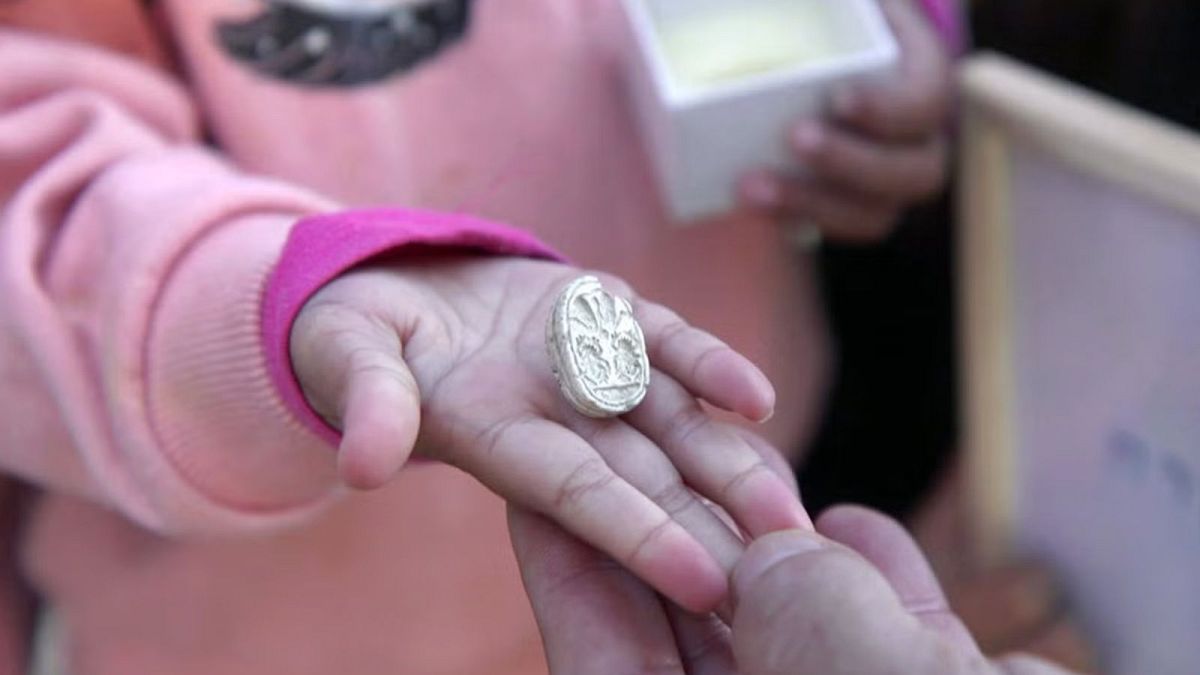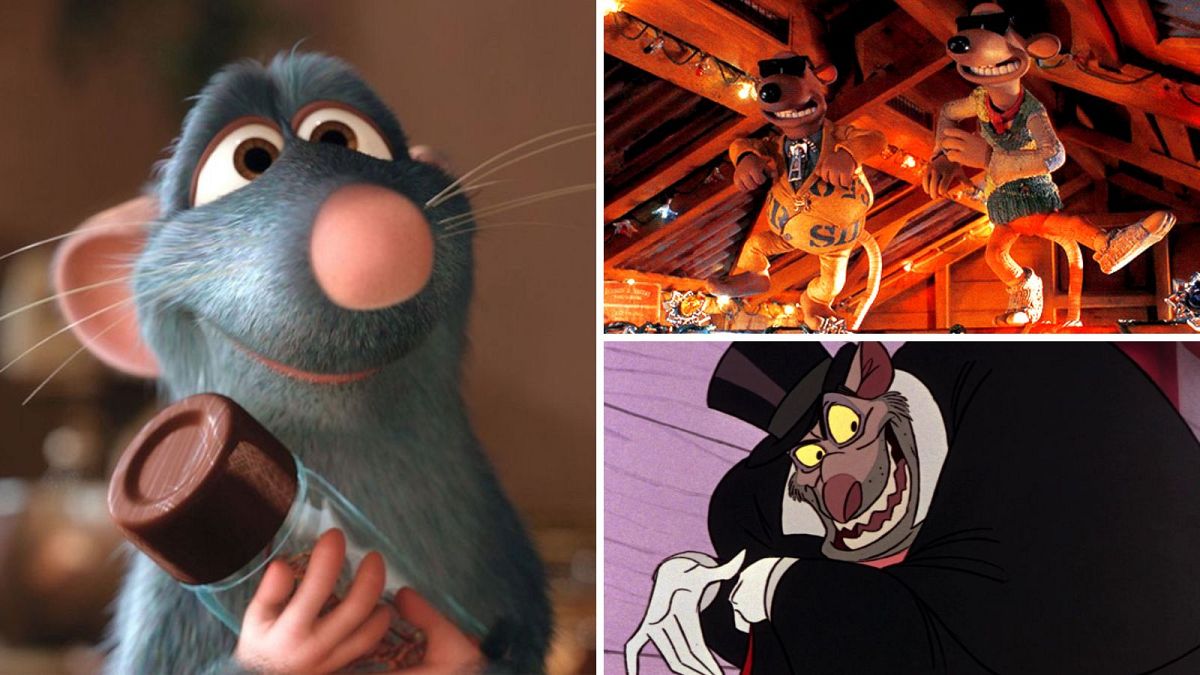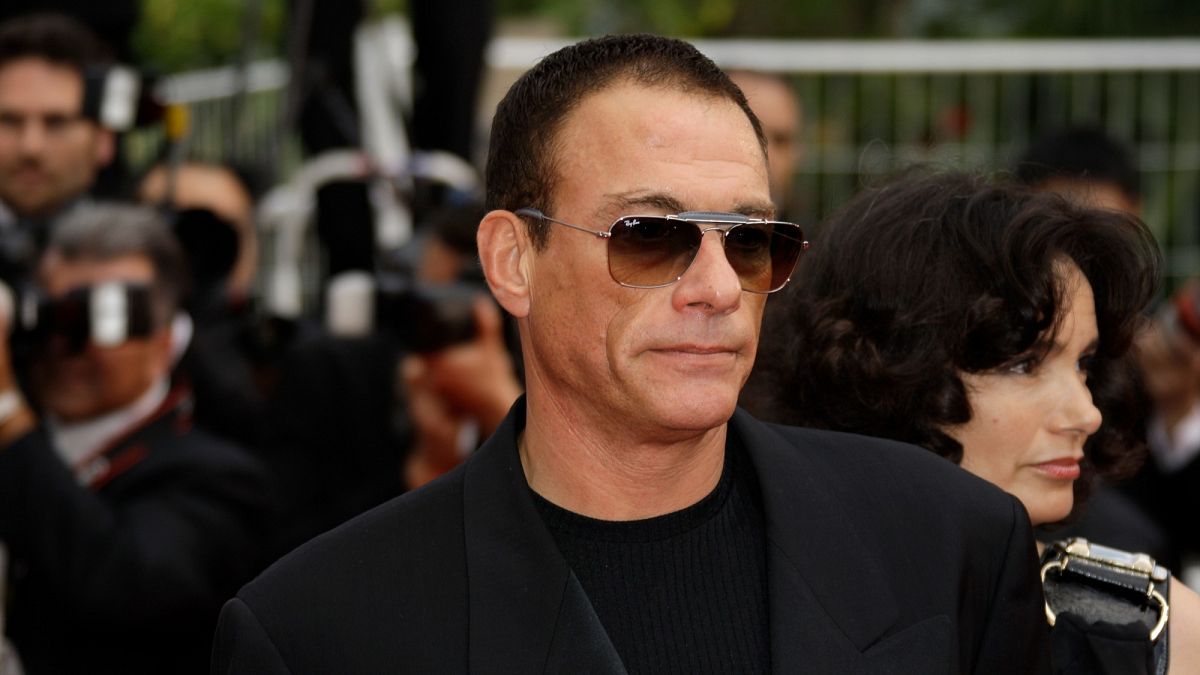The former CEO of American fashion brand Abercrombie & Fitch (A&F) Mike Jeffries has been arrested on charges of running a prostitution and international sex trafficking ring.
Mike Jeffries, the man credited with transforming the flagging fortunes of US fashion brand Abercrombie & Fitch, is facing accusations of prostitution and sex trafficking.
Jeffries was detained on Tuesday alongside his partner Matthew Smith and James Jacobson, the couple’s alleged middle man.
The trio allegedly using their powerful positions within the fashion industry to lure people into a million-dollar sex trafficking operation.
Jeffries has denied any wrongdoing since the FBI opened an investigation last year following a BBC report into claims of the couple’s exploitation of men.
This week, US attorney for the Eastern District of New York, Breon Peace, has accused the couple of exploiting men through the status and wealth that came with being the CEO of A&F.
Jacobson allegedly would pose as a recruiter to try-out men by engaging them in sex acts for money before flying them out to Jeffries and Smith’s New York home.
There, they would be “pressured to consume alcohol, Viagra, and muscle relaxants” by Jeffries, Peace alleges.
15 men are mentioned in the indictment, but the documents suggest the operation was far larger and that Jeffries “spent millions of dollars on a massive infrastructure to support this operation and maintain its secrecy”.
Jeffries, 80, has been released on a $10 million (€9.3 million) bail, Jacobson, 71, on a $500,000 (€464,000) bail, while Smith, 61, has been ordered to remain detained.
Brand association battle
As Jeffries and his alleged collaborators face these grave accusations, the A&F brand deals with the prolonged tarnishing from its association with its one-time CEO.
Founded in 1892 in New York City, A&F was originally a luxury sports outfitter until Jeffries took over as CEO in 1992.
He pivoted the business model to focus on the teenage market, prioritising “sexualised marketing” through the use of shirtless male models in advertising materials and greeting in person at stores.
Jeffries also oversaw the addition of a children’s line Abercrombie Kids, and a more relaxed subsidiary brand Hollister Co. in 2000.
Jeffries' vision was a success. He turned the company around from losing $25 million a year to a business empire to one making $2 billion by 2006.
However, he didn’t reach this point without a fair share of controversies. The overtly sexualised marketing strategy targetted at teenagers was a particular source of ire for the company. Feminist and Christian movements alike both called for boycotts of the brand.
At different points, items from the A&F brand were accused of anti-Asian hate, negative stereotypes of working class Americans, and misogyny.
A 2003 class action lawsuit from Black, Latino and Asian Americans claimed minority applicants were actively discouraged from applying to roles as the front-of-house models.
A 2006 interview with Jeffries in Salon highlighted the CEO’s antipathy towards people he considered “uncool” engaging with the A&F brand.
“That's why we hire good-looking people in our stores. Because good-looking people attract other good-looking people, and we want to market to cool, good-looking people. We don't market to anyone other than that. ... In every school there are the cool and popular kids, and then there are the not-so-cool kids. Candidly, we go after the cool kids. We go after the attractive all-American kid with a great attitude and a lot of friends. A lot of people don't belong [in our clothes], and they can't belong. Are we exclusionary? Absolutely,” Jeffries said.
These comments largely went unnoticed at the time, resurfacing in 2013 after a tumultuous period for A&F as it struggled to maintain its early 00s success through the global financial crisis of 2007-2008.
Jeffries refused to lower prices nor take a pay cut despite his publicly known extravagant compensation package. He argued it was to retain the company’s luxury image, but this ultimately led to huge losses for A&F over the following years.
In 2013 alone, the share price at A&F dropped 40% and editorials calling Jeffries the year’s worst CEO presaged his departure in 2014.
Up until the sex trafficking allegations were first made in 2023, Jeffries received a $1 million lifetime bonus payment every year.
Since his departure, A&F has attempted to revert on many of Jeffries’ aesthetic changes, shifting away from the hyper-sexualised marketing strategy.
While A&F has never managed to reach the commercial heights of its pre-financial crisis Jeffries years, the subsidiary company Hollister Co. has been a convincing high street fashion brand. As a more affordable brand aimed at teenagers 14-18, it has found a way to connect with a new generation of teens through social media platforms like TikTok to see year-on-year growth in 2023‘s Q4 at around 9%.
A&F, under leadership from current CEO Fran Horowitz, has also utilised social media to re-engage with their original customer base and has shown an uptick in sales since the pandemic.

 5 months ago
61
5 months ago
61






 We deliver critical software at unparalleled value and speed to help your business thrive
We deliver critical software at unparalleled value and speed to help your business thrive






 English (US) ·
English (US) ·